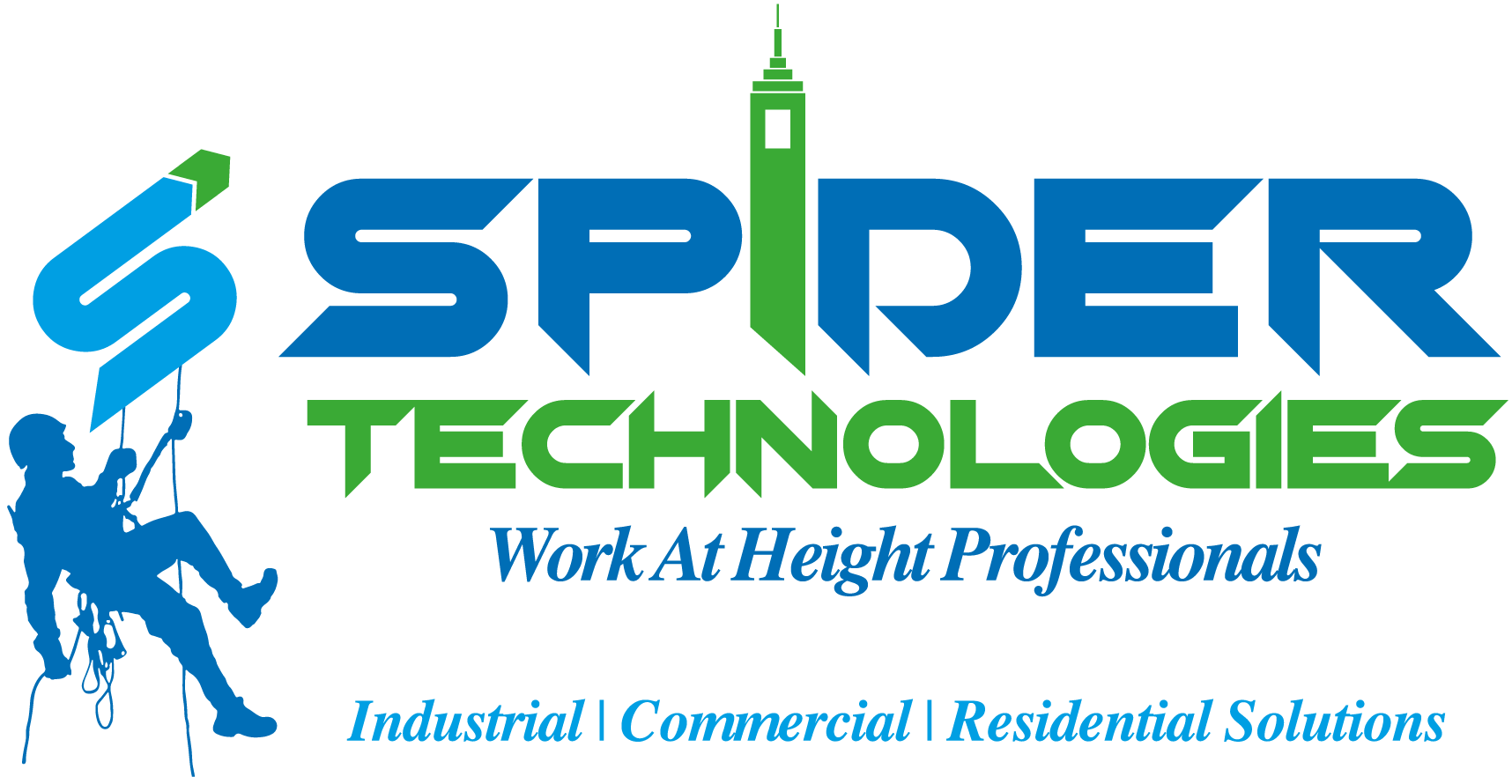Understanding the Training and Certification Process for Rope Access Technicians in Sri Lanka
The safety and effectiveness of rope access largely depend on the skills and training of the technicians. In Sri Lanka, rope access technicians undergo rigorous training and certification processes to ensure they can perform their duties safely and efficiently.
Training begins with a comprehensive course that covers the fundamentals of rope access, including safety protocols, equipment usage, and rescue procedures. Technicians learn how to navigate and perform tasks at height, ensuring they are fully prepared for real-world scenarios.
Certification is an essential part of the process. In Sri Lanka, rope access technicians typically pursue certification from the Industrial Rope Access Trade Association (IRATA). This globally recognized certification ensures that technicians meet the highest standards of safety and professionalism. IRATA certification involves several levels, each requiring a specific amount of training and practical experience.
Continuing education is also crucial. Rope access technicians regularly participate in refresher courses and advanced training sessions to stay updated on the latest techniques and safety protocols. This ongoing education ensures that they remain competent and confident in their abilities.
The stringent training and certification process not only ensures the safety of the technicians but also guarantees high-quality work for clients. When you hire a certified rope access technician, you can trust that they have the skills and knowledge to perform their duties effectively and safely.
More About IRATA Certification
Training begins with a comprehensive course that covers the fundamentals of rope access, including safety protocols, equipment usage, and rescue procedures. Technicians learn how to navigate and perform tasks at height, ensuring they are fully prepared for real-world scenarios. This initial training phase is critical in building a strong foundation of skills and knowledge.
Certification Process
Certification is an essential part of the process. In Sri Lanka, rope access technicians typically pursue certification from the Industrial Rope Access Trade Association (IRATA). This globally recognized certification ensures that technicians meet the highest standards of safety and professionalism. IRATA certification involves several levels, each requiring a specific amount of training and practical experience.
- Level 1: Entry-level technicians are trained to perform a range of tasks under the supervision of more experienced technicians.
- Level 2: Intermediate technicians gain more experience and are trained to perform more complex tasks.
- Level 3: Advanced technicians are qualified to supervise and manage rope access projects, ensuring all safety protocols are followed.
Continuing Education
Continuing education is also crucial. Rope access technicians regularly participate in refresher courses and advanced training sessions to stay updated on the latest techniques and safety protocols. This ongoing education ensures that they remain competent and confident in their abilities.
Benefits of Certification
The stringent training and certification process not only ensures the safety of the technicians but also guarantees high-quality work for clients. When you hire a certified rope access technician, you can trust that they have the skills and knowledge to perform their duties effectively and safely.
Rope access, a technique developed from mountaineering and adapted for industrial use, utilizes ropes and specialized equipment to access and work safely in difficult-to-reach locations without the need for scaffolding or heavy machinery. This method is valued for its efficiency, versatility, and safety in various industries, including construction, maintenance, and inspections.

